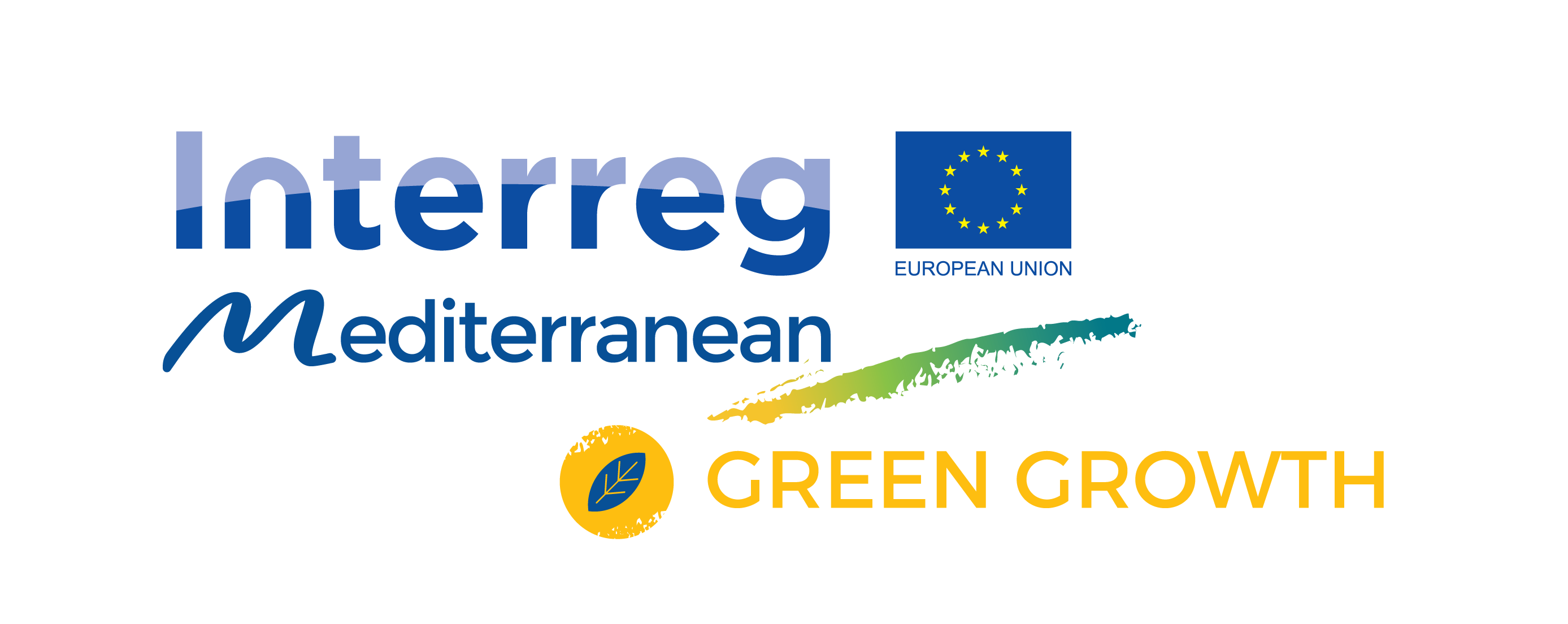The transition towards a circular economy is “irreversible” as the EU Circular Economy Action Plan states. The Interreg MED GGC works to push this change in the Mediterranean promoting innovation in the waste management field to shift to a minimal or zero waste system.
The GGC produced unified results and knowledge that are currently being capitalized on and transferred to key stakeholders, contributing to the achievement of targets in the EU Green Deal and in the strategies and legislations around it – such as Farm to Fork and the revised Common Agriculture Policy (CAP). But, as highlighted by the GGC, there are still barriers to that transition that need to be address.
On one hand, there is a lack of knowledge about affordable alternatives to inorganic waste across the agro-food sector, which is an important limitation as underlined by the REINWASTE project. And, on the other hand, unrealistic regulations can pose a big barrier as well, especially regarding organic waste. The GGC project RE-LIVE WASTE is working to ensure that future regulation will be reasonable and applicable in real farms to be able to convert organic waste into a valuable resource. That is why the GGC works to raise awareness among stakeholders and transfering knowledge about the best innovative solutions.
Read full article here.
